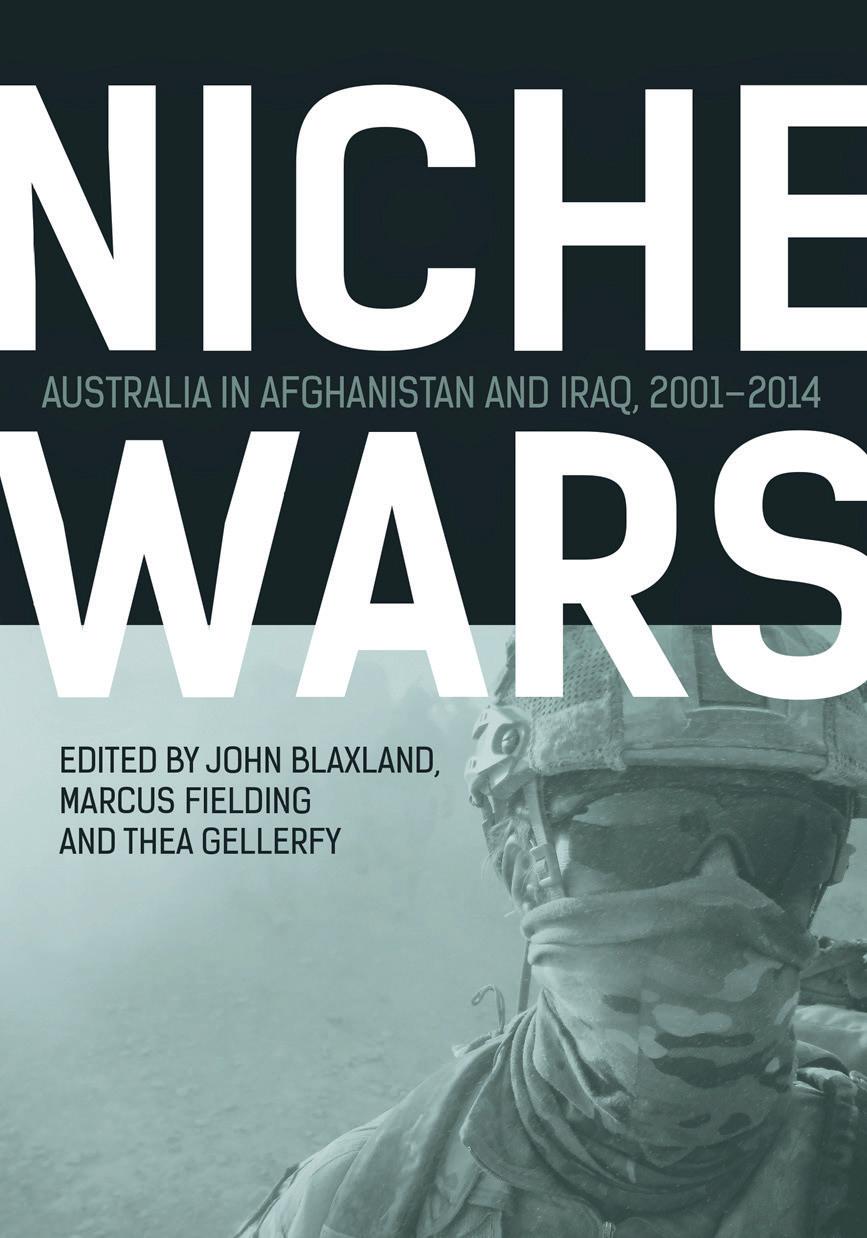
3 minute read
Alumni Profile
from The Barker #138
John Blaxland (Class of 1981) is Professor of International Security and Intelligence Studies in the Strategic and Defence Studies Centre (SDSC), Coral Bell School of Asia Pacific Affairs, College of Asia and the Pacific at the Australian National University (ANU).
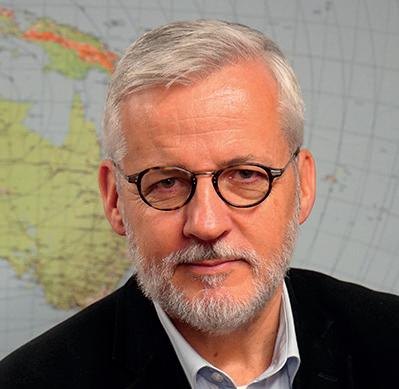
John is a Senior Fellow of the Higher Education Academy and a Fellow of the Royal Society of New South Wales. John has previously been a Chief Intelligence Staff Officer (J2) at HQ Joint Operations Command, defence attaché to Thailand and Myanmar, Head of SDSC and Director of the ANU Southeast Asia Institute. At ANU, he teaches “Honeypots and Overcoats: Australian Intelligence in the World” and supervises several PhD students.
John has written several books on military history and intelligence with his latest “Revealing Secrets: An Unofficial History of Australian Signals Intelligence and the Advent of Cyber” to be released on 1 May 2023.
What has been your career path since leaving Barker?
After taking a gap year and travelling around Europe with, at various stages, classmates
Jonathan Cox and Andrew Alexander, I went to Duntroon to start a 28 year career in the Australian Army. A few years later I was awarded a first class honours degree in history and my sub-thesis was subsequently published. That then gave me a huge buzz and set me off on a path of researching and writing books and papers on military and intelligence affairs. The Army also sent me off to its language school where I learnt to speak Thai. That led to a couple of fascinating postings in Thailand and Myanmar. My pinnacle experience was being the Australian brigade intelligence officer deployed to East Timor for the Australian led international intervention in September 1999. There many of the skills I had learnt along the way were put to good use, helping to ensure the crisis did not degenerate further. In my late 30s I completed a PhD in Canada, where I compared how Canada and Australia used military forces in support of the United Kingdom and the United States during the 20th century. It was published in 2006 as Strategic Cousins (www.mqup.ca/strategiccousins-products-9780773530355. php) A couple of years later, I was invited to apply for a job at the Strategic and Defence Studies Centre at the Australian National University to help Professor David Horner write a multi-volume history of the Australian Security Intelligence Organisation (ASIO). I got the job and that then set me off on my second career as an academic – a path I have been following for the last 12 years. Have you always been passionate about writing?
I always enjoyed researching and writing. At school I gradually improved my writing at the hands of teachers like Mr Golsby Smith (English), Mr Veitch and Mr Rowling (Ancient History), Mr Braga and Mr Mansfield (Modern History). While I was in the Army writing and researching was a hobby, but eventually my hobby became my occupation. How good is that!
What inspires your book topics and what is the process from concept to publication?
I like to write on topics relating to my life experience – hence the focus on military history, international security and intelligence affairs. I particularly like to think and write about such issues for their contemporary relevance. My sense is we can all do with a more historically- informed take on current affairs. It is that space, between history and contemporary issues with which I like to engage in public debate. My studies certainly inform the approach I take to contemporary public commentary.
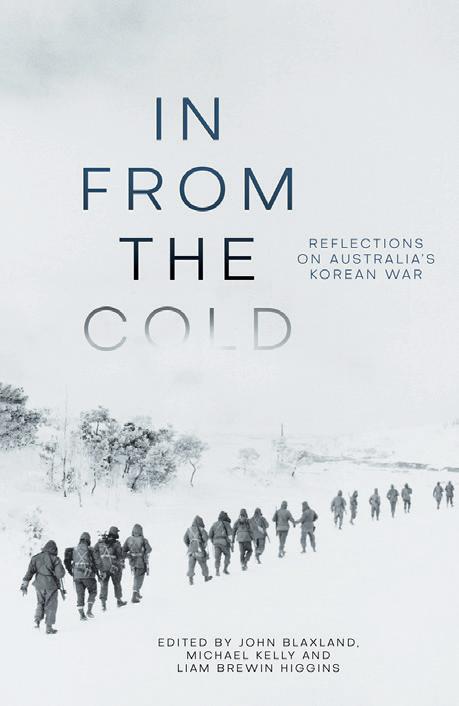
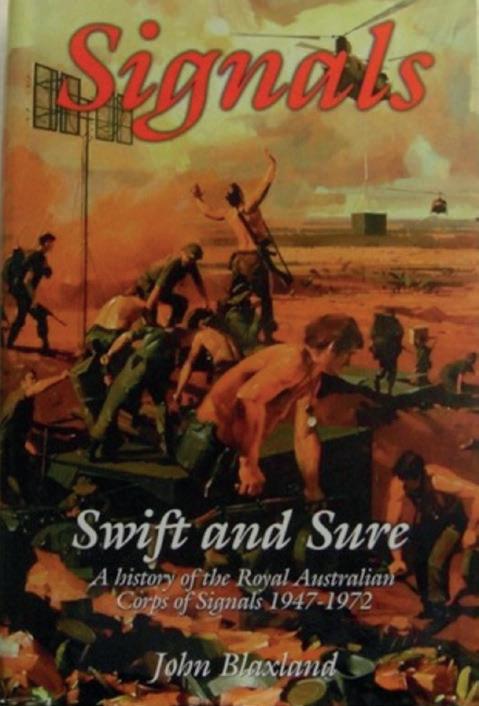
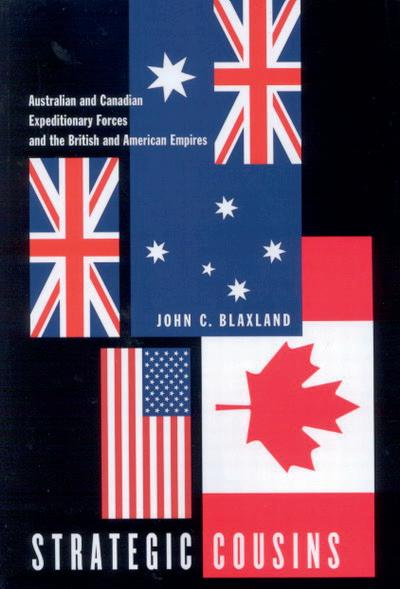
Do you have a favourite memory from your time at Barker?
I have too many fond memories of my time at Barker to settle on just one. I loved performing in drama and musicals at school (including acting alongside Mr Kefford in a Gilbert & Sullivan musical). The best fun I had was playing John the Baptist in Godspell under the direction of Mr Kingsford-Smith. I was honoured to have been appointed Vice Captain in my year. Along with Jonathan Philips and Martyn Hood, edited The College Barker, the annual school magazine. The School also enabled me to undertake the gold Duke of Edinburgh award scheme which, along with my classmate Juliet Ward (nee Thomas), led to a visit to Buckingham Palace to meet in person the Duke of Edinburgh, Prince Philip, while on my gap year. Adventure Country camps feature prominently in my memories too (before the days of the Grange etc). These were organised by the old cadet master, Ian Campbell. I loved being in cadets, and really appreciated the effort put into that by Mr Campbell and Mr Cooper. In fact I loved it so much it inspired me to join the Army.
What advice would you like to share with current Barker students?
Barker presents an amazing array of opportunities to explore your interests and talents. Make the most of this precious opportunity, in sports, musicals, drama, cadets, adventurous and other social programs. You won’t regret it. Time may seem to pass slowly but you will look back and be amazed at how quickly time flew and how fond your memories turn out to be.

